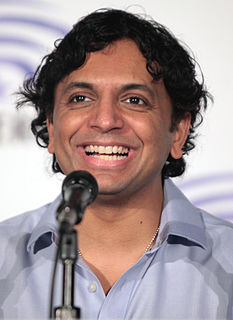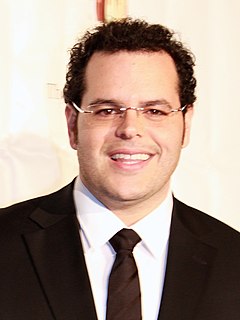A Quote by Tanya Saracho
My first time up to bat as a showrunner, what I did was hire an all-Latinx writers room. And it's a diverse Latinx writers room - we have an Afro-Dominican and Texicans and Chileans. It's diverse within its Latinidad.
Related Quotes
I had never heard this term before - gente-fication - which is also happening in Portland, Houston; it's happening in a lot of cities. It's upwardly mobile Latinx who want to come back to their neighborhoods where they grew up - or it's Latinx moving to L.A. and looking for a Latinx neighborhood to live or open a business.
Book critics certainly are judges who wield a tremendous amount of power in terms of whether or not a book will reach a wider audience. That's one of the reasons why I try to give coverage to books written by Latinx writers; too many worthwhile works of literature do not get the kind of coverage they deserve, and I've certainly seen that with respect to books written by writers of color. But there are some wonderful, diverse writers out there who mentor and otherwise support those voices that often have been ignored by much of the mainstream press.
When you work in a writers room for a showrunner, you serve that story, and you serve that showrunner. I don't think it should be called writing; I think it should be called rendering content. Because you are there to render the content that is agreed upon in the room, and you're serving the voice of the main storyteller, which is the showrunner.
































